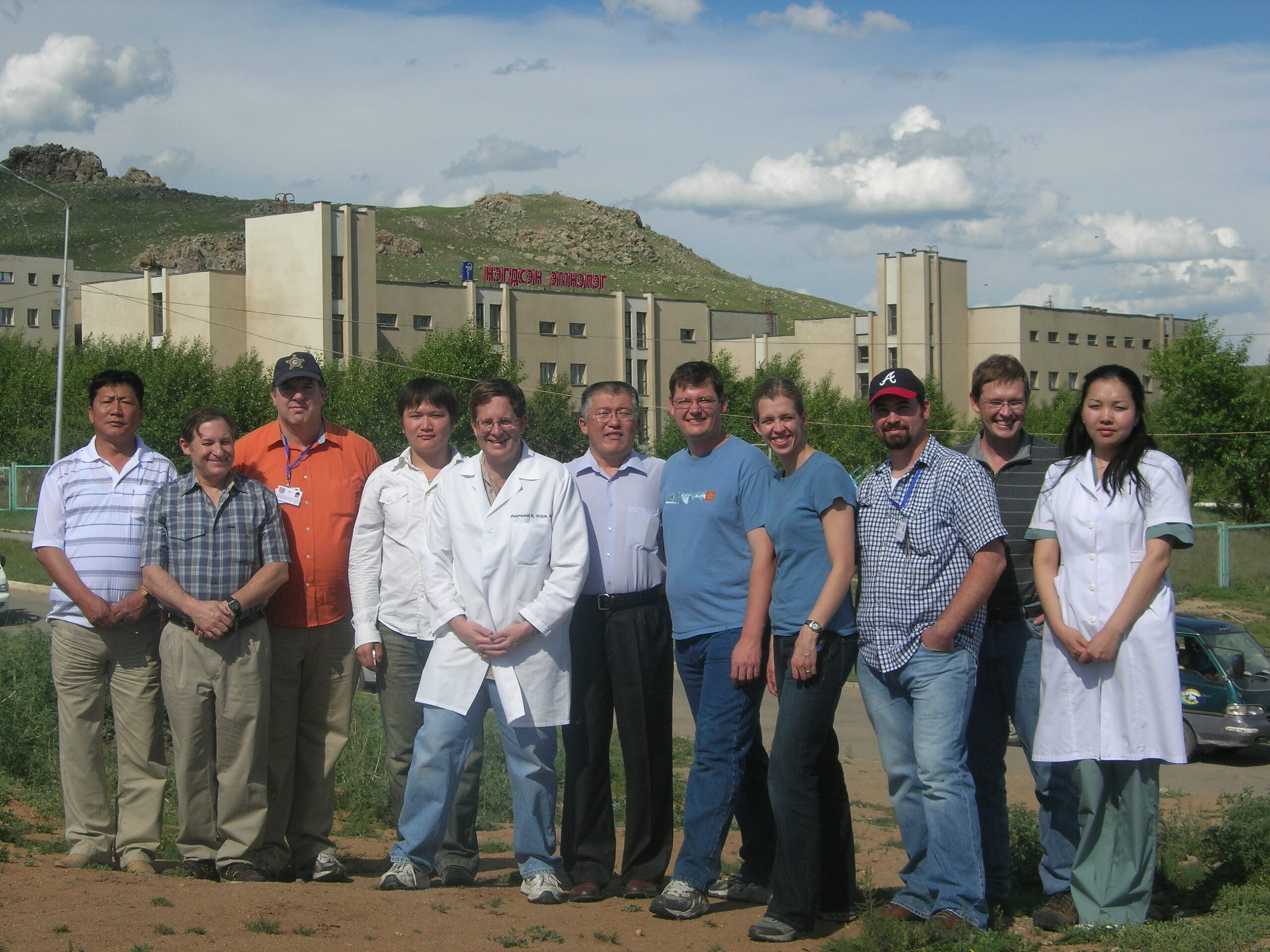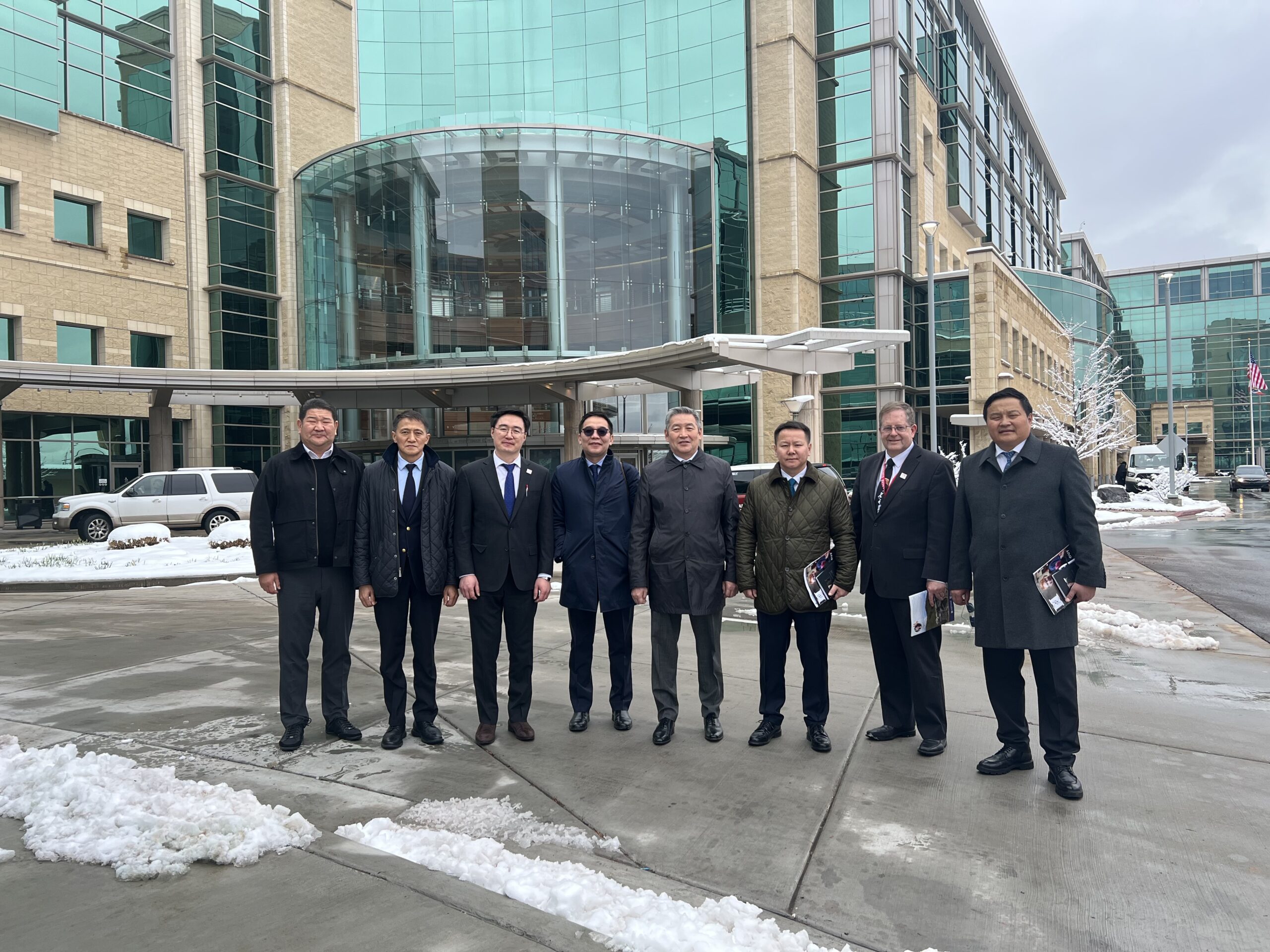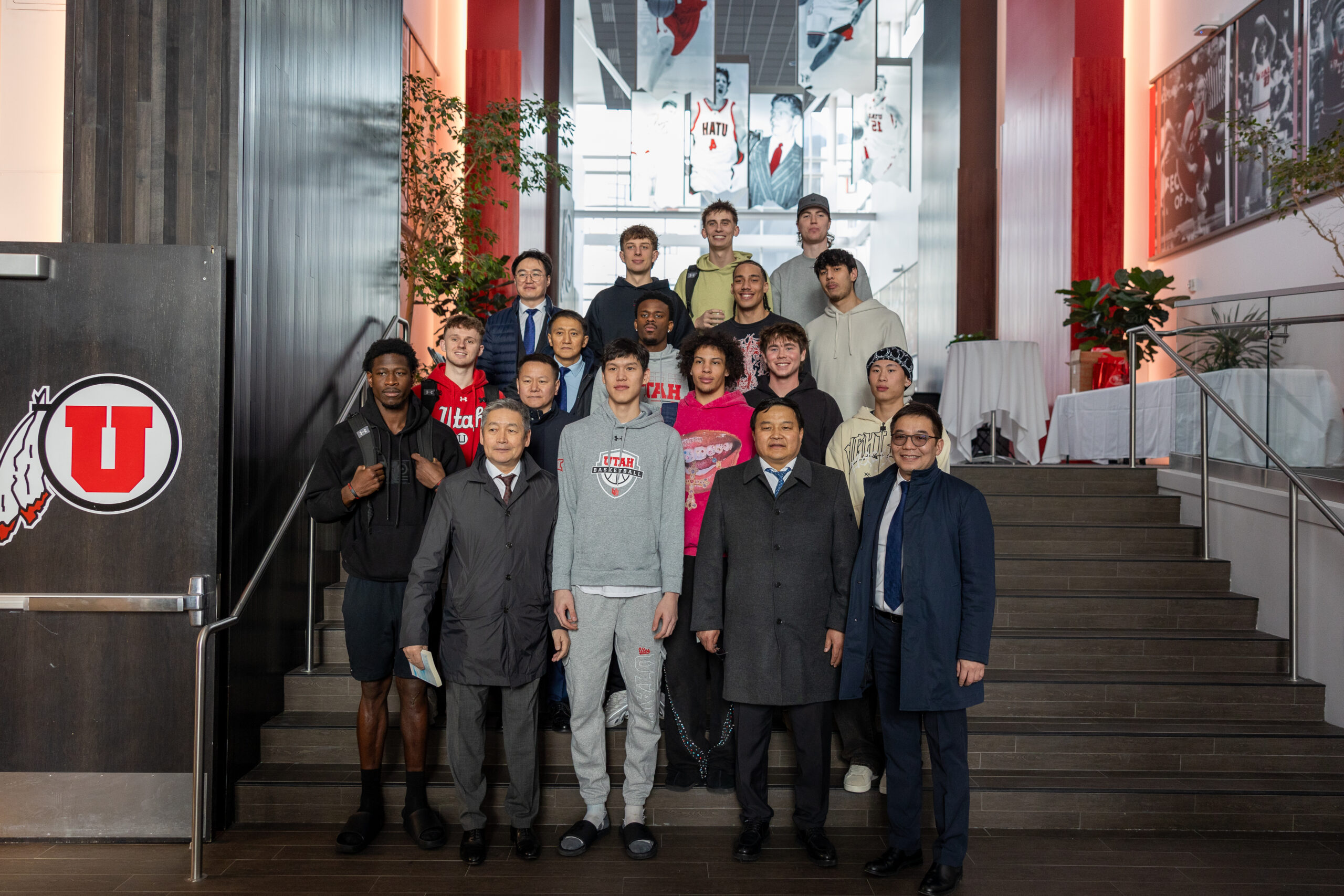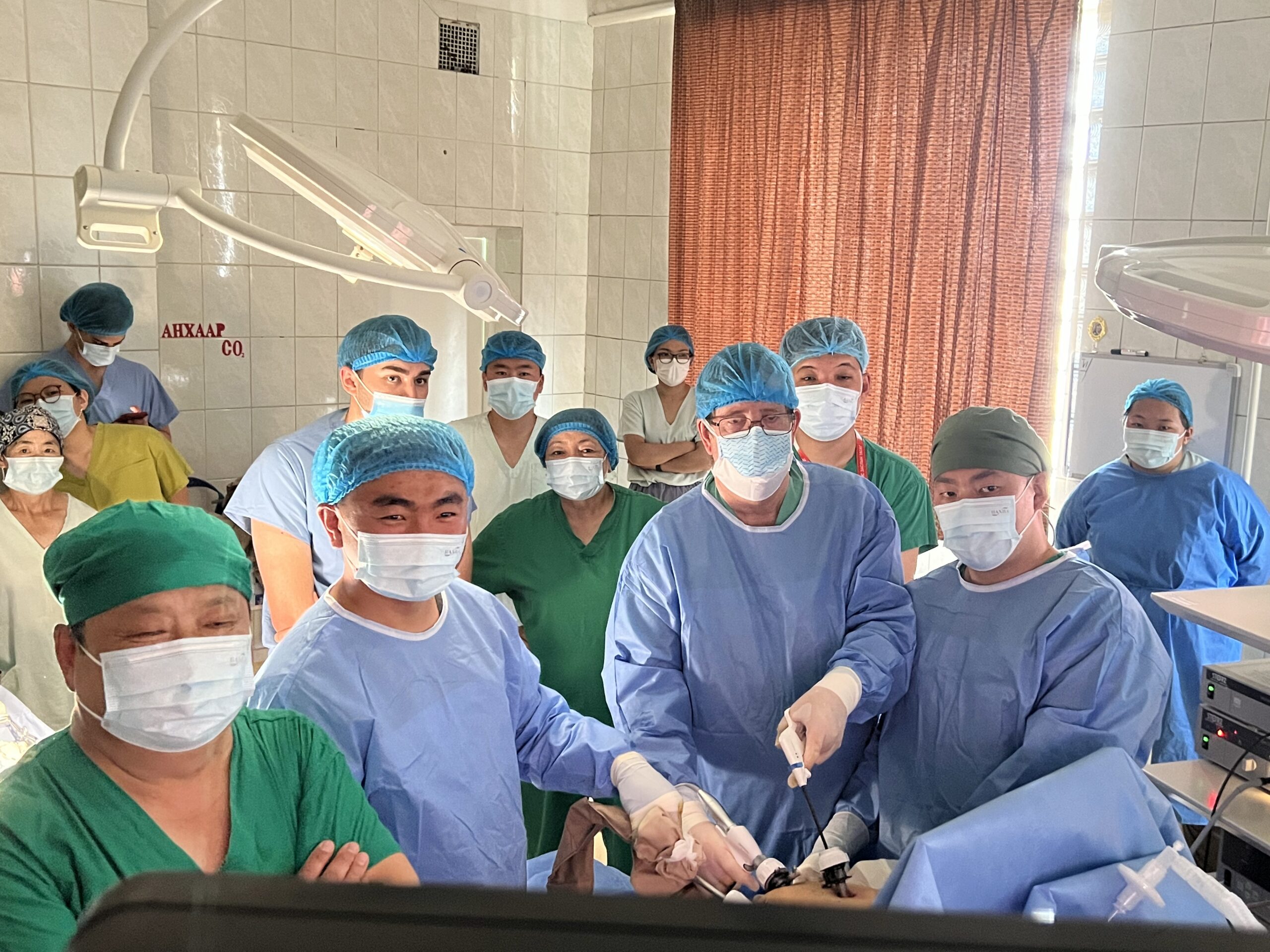The Story Behind the U's Longstanding Health Partnership with Mongolia
Nearly 20 years ago, a seemingly small connection between friends sparked an enduring partnership between the University of Utah and Mongolia—one that has since grown into a global health initiative that is changing lives and transforming healthcare systems to this day.
Dr. Raymond Price, Vice Chair for Global Affairs with the University of Utah Center for Global Surgery, sought to serve communities in Southeast Asia through his medical expertise. A conversation with a friend about that desire led him to the Dr. W.C. Swanson Foundation, a Utah-based humanitarian organization focused on improving healthcare and other vital services both locally and abroad.
"Having served a church mission in Thailand, I was feeling profoundly driven to advance healthcare for people I had come to care deeply for," said Price.
Price learned that the Foundation was building healthcare infrastructure in Mongolia and would soon be shifting operations to Cambodia. He saw this as an opportunity to engage, learn about the efforts underway, and eventually contribute to the healthcare landscape in Southeast Asia once again.
"I didn’t know much about Mongolia, but I thought maybe I could sign on, see what they were doing, and then take that work to Southeast Asia again and see what impact I could make there," said Price.
With a small team, Price traveled to Ulaanbaatar to learn more. At that time, Mongolia faced significant challenges in providing advanced medical care, particularly in rural areas where healthcare access was both scarce and outdated. Gallbladder disease, for example, was one of the most common ailments, but only a small fraction of surgeries were performed using modern techniques like laparoscopic surgery. He met Dr. Sergelen Orgoi, chief of surgery at the Health Sciences University of Mongolia who asked for help in expanding laparoscopic surgery countrywide.
"Many people had resigned to living in pain because, being in such a nomadic population, they just couldn't afford to be stuck in the hospital recovering for multiple days. By introducing laparoscopic surgery, we could give people a treatment option that would get them back home within 24 hours," said Price.
The first step was to train local surgeons—a daunting task given the country’s limited resources and infrastructure. However, as the partnership evolved with the resources of the Dr. W.C. Swanson Family Foundation, the vision of the Mongolian surgical leadership, and the academic engagement of the University of Utah , so did the commitment not only to train doctors but to establish sustainable healthcare practices that would continue thriving long after the Utah team’s involvement.
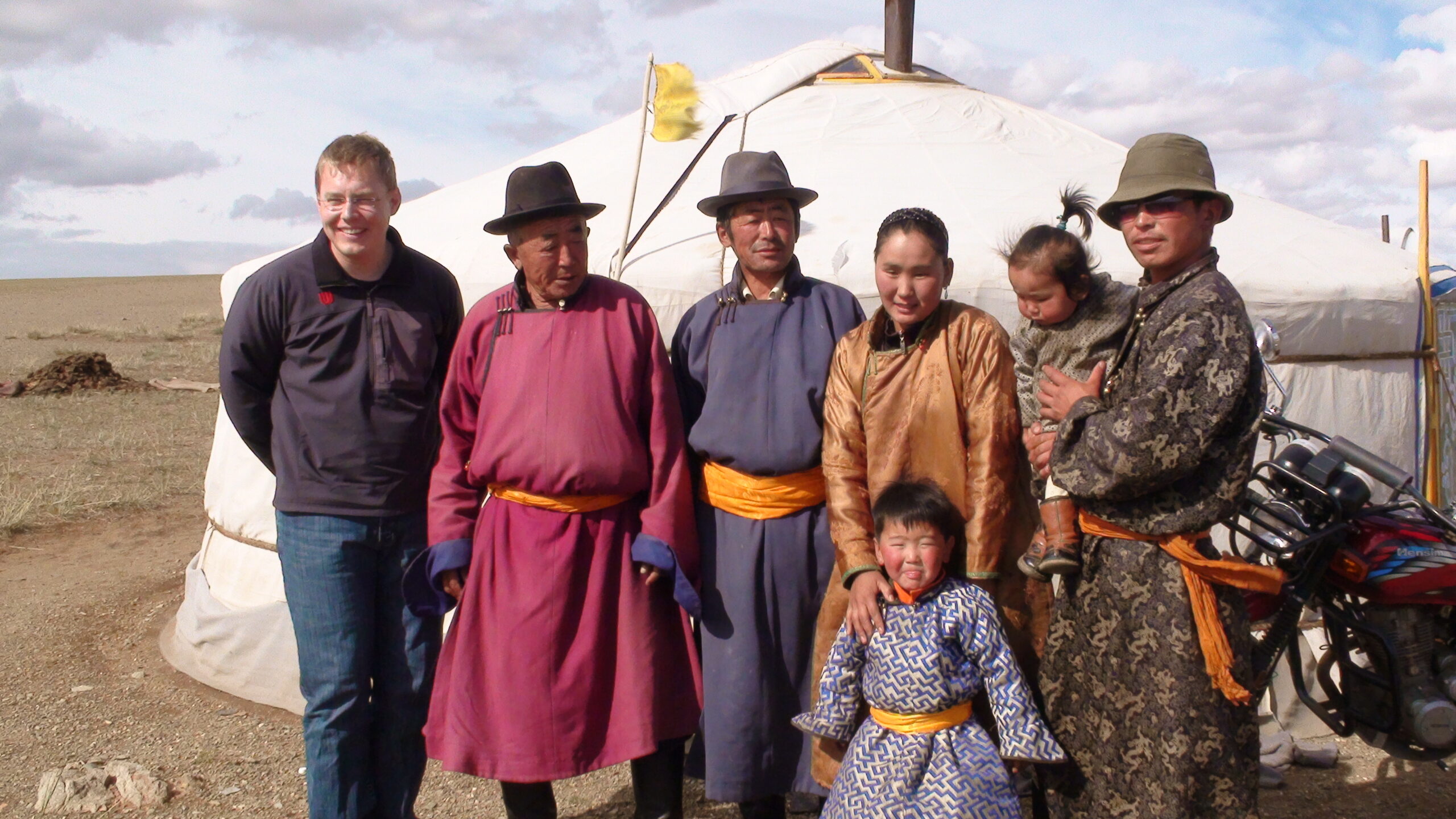
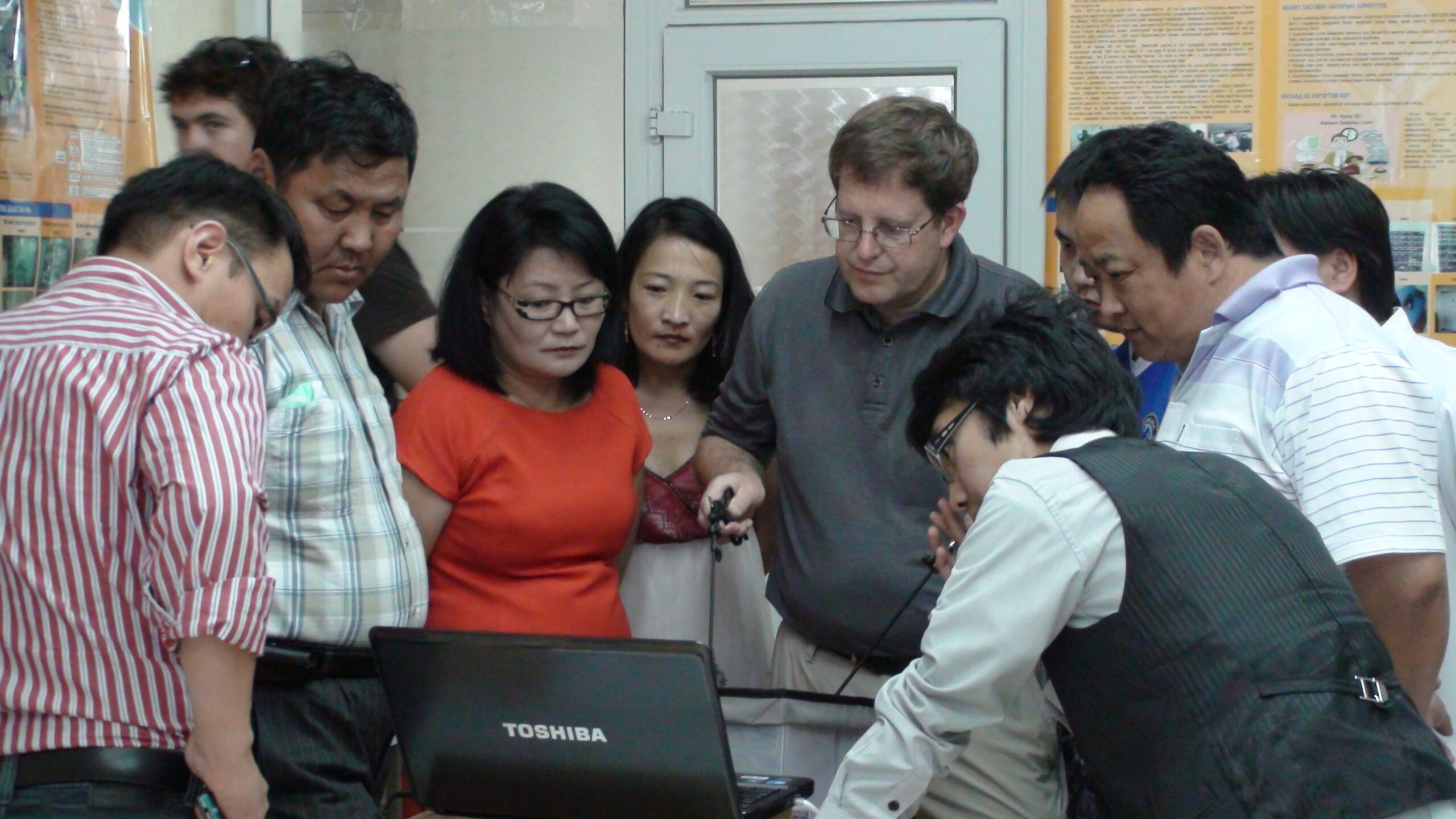
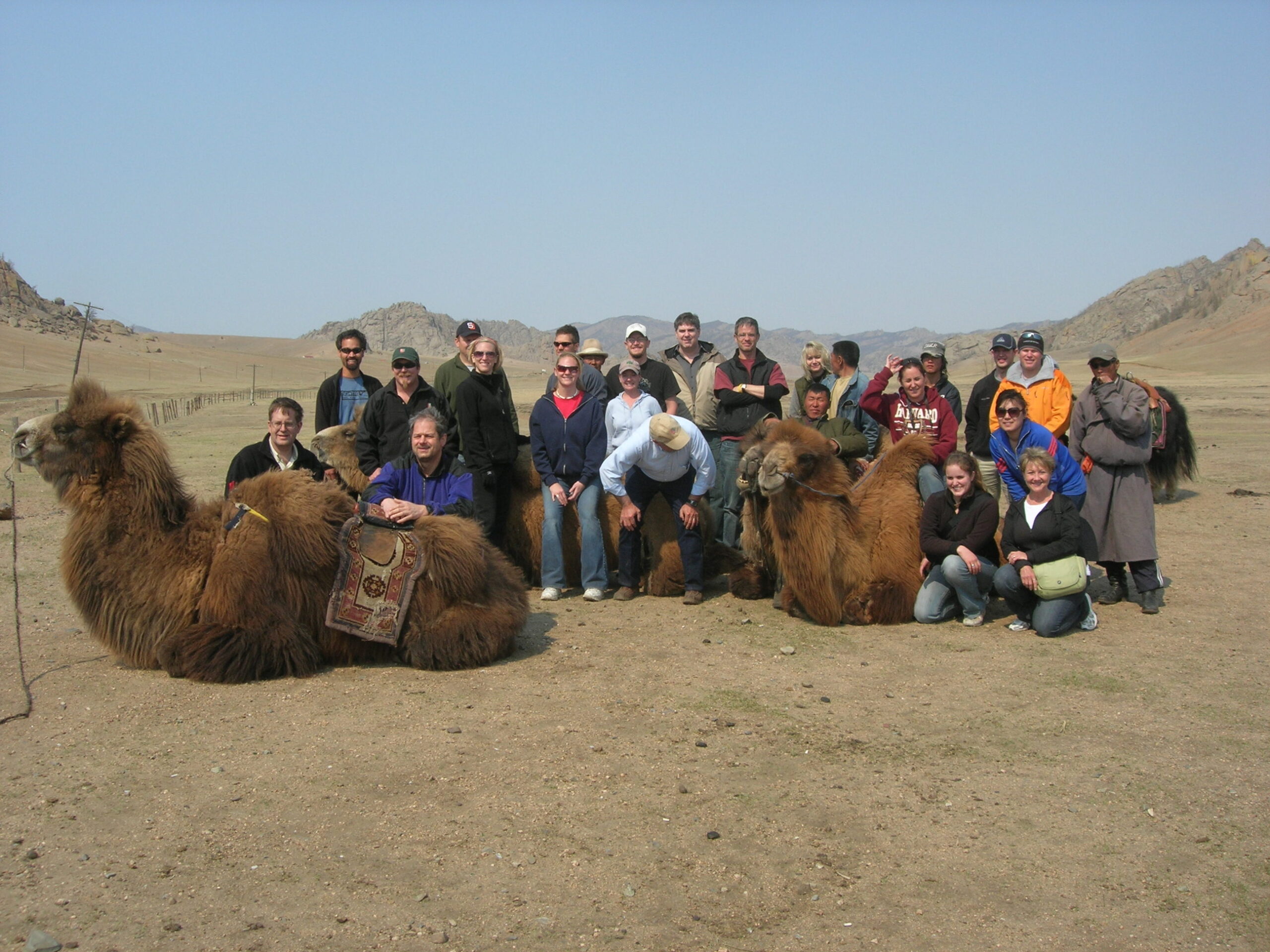
Price and his colleagues quickly realized that genuine friendship and mutual respect were integral to their success. They bonded over shared experiences, from medical training to hunting trips, forging a deep connection that laid the foundation for a lasting collaboration.
Years passed and the collaboration with Mongolia expanded along with Price’s affinity for the country. The team’s efforts broadened beyond laparoscopic gallbladder surgery to include specialties such as breast cancer care, anesthesia, and pre- and post-operative practices. More Utah physicians and students were brought in to support these initiatives, ultimately leading to the creation of a sustainable training model that has since trained over 400 Mongolian doctors.
In 2011, the University of Utah established the Center for Global Surgery, a pioneering initiative that cemented its commitment to global health education. The center focuses not only on surgery but also on public health and policy, making healthcare more affordable and accessible in countries that yearn for such care.
"Every young surgical resident I've interviewed asks about global surgery. The younger generation is very interested in meeting populations with challenges and helping to overcome them," said Price.
U students involved in the Mongolia project were not just observers—they became active participants, traveling to Mongolia to gain firsthand experience in global surgery.
“This exposure to international healthcare systems helps shape the next generation of medical professionals, giving them a broader perspective on global healthcare challenges,” said Price.
Mongolia’s healthcare system saw dramatic improvements, with the success of minimally invasive surgeries increasing and previously untreated diseases being addressed.
Through the Center for Global Surgery, the collaborative model pioneered in Mongolia was replicated in other countries, including Ethiopia, Ghana, and Cambodia.
The partnership has not only transformed healthcare in other countries but has also brought invaluable lessons back to the university. Price notes that many of the challenges addressed in remote global locations mirror challenges faced in rural areas of Utah.
“This collaboration serves as a reminder that when institutions like the University of Utah engage with the world's most pressing healthcare needs, they don’t just change lives abroad—they reshape the future of global healthcare for everyone,” he said.
Today, the U’s work in Mongolia continues to thrive, with plans to expand into areas like liver transplant surgery and cancer care. In Fall 2024, U President Taylor Randall traveled to Mongolia with leaders from the Center for Global Surgery. During this visit, he signed memoranda of understanding (MOUs) with the National University of Mongolia and the National Cancer Center, further strengthening academic and research exchanges and cooperation.
In March 2025, the U had the honor of hosting a delegation representing Mongolian President Khürelsükh Ukhnaa and the Mongolian Parliament. Randall ensured the delegation received the full Utah experience, including a shoot-around with Mike Sharavjamts— a member of the Utah Men’s Basketball team and the first Mongolian player to earn a D1 athletic scholarship.
For Price, the partnership with Mongolia has become more than he ever imagined when he first sought to give back.
"The state of Utah is truly special. We consistently rank number one for volunteerism. We're teeming with individuals who are interested in looking a little bit broader and giving back. Plus, we have so many connections around the world. I can't imagine a better place in the world for such a global health hub than Utah," said Price.
